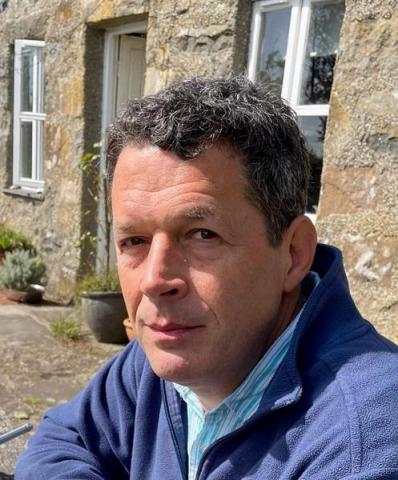About the project
Coccolithophores are unicellular photosynthetic organisms that build intricate calcium carbonate plates, called coccoliths, with which they surround themselves (see electron microscope image below). They are important contributors to carbon cycling in the oceans. Individual cells can be extracted from the natural environment and kept alive in artificial seawater, where, if the laboratory conditions are suitable, they continuously divide and multiply. A few institutes around the world maintain “culture collections” of different coccolithophore species and strains. Although not previously reported in the scientific literature, it is well known to those maintaining the collections that, over many generations (e.g. within a year), coccolithophores frequently lose their ability to calcify (i.e. to produce coccoliths) or start producing impaired (malformed) coccoliths. One possible reason is that coccoliths provide protection against predation in nature; in the absence of predators in culture, coccoliths are therefore no longer beneficial. This observation, if supported by this PhD work, could help us understand better why coccolithophores calcify and will add to the body of evidence that traits or functions no longer under the protection of purifying natural selection degenerate or disappear over time. This has potential wider implications for species no longer living in natural conditions, including domesticated ones.
For full project details visit the Inspire project page.
Supervisors:
- Professor Toby Tyrrell (University of Southampton)
- Dr Glen Wheeler (Marine Biological Association)
- Dr Katherine Helliwell (Marine Biological Association and University of Exeter)
